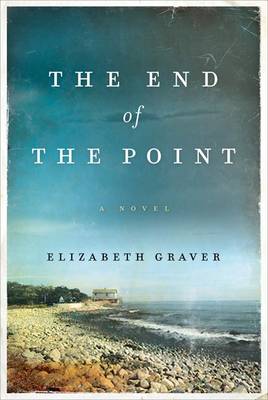
Lianne
Written on Jun 25, 2014
What I found interesting about this novel was that despite of all of the changes happening in the United States during the 20th century, the place of Ashaunt Point remains the same. People come and go but the Porter family, for all of its ups and downs, have found a true home and a rock in Ashaunt, a place they can turn to even when things get tough. It was also interesting that despite of the Second World War raging at the start of the novel and the presence of the military in the area, the place seemed safe, protected from the outside world.
The build up of the story and the family was slow, and I found myself wondering a lot of the time where everything was headed. But because the novel covers such a large chunk of the 20th century and two to three generations of Porter family members, I feel like I didn’t really get to know the characters all that well. Much of Helen’s interesting days abroad and her formative years were covered swiftly via Part II with her letters and diaries, and the next time the reader is acquainted with her is as a mother, in particular her tenuous relationship with troubled Charlie, her eldest. For all of Charlie’s rebelliousness and waywardness and search for himself, I didn’t find him charming or something that would garner my sympathy towards his character (a lot of the time I found myself waiting for his family members to show up in a scene with him). His relationship with his mother was supposed to be a central point of the story, alongside the family’s relationship with Ashaunt, but it felt touch-and-go a lot of the time.
Overall, The End of the Point was interesting enough, that sense of place and how Ashaunt stands the test of time. However, the family story and the relationships left me wanting and a bit hollow. The span of time covered amongst the Porter family just left events feeling rather disjointed on a whole.
Actual rating: 2.5/5
